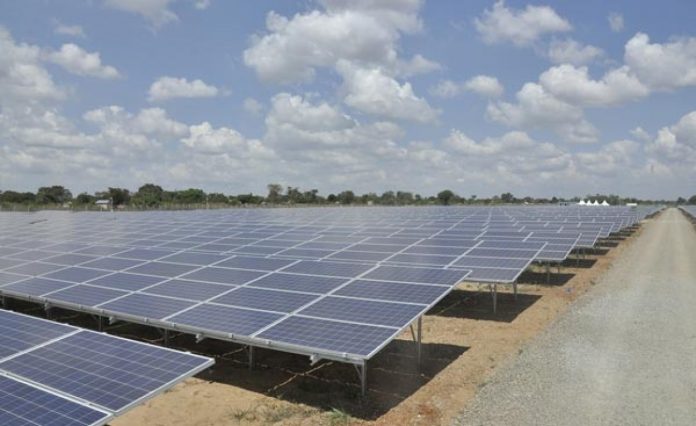By Carlos Lopes
Cape Town — Earlier this year, Tropical Cyclone Idai tore through southern Africa, killing hundreds, injuring thousands, and displacing even more. In Mozambique, as much as half of all annual crops and critical infrastructure were destroyed. In total, over three million people in the region were affected. It was a stark reminder of Africa’s vulnerability to the intensifying consequences of climate change.
Cyclones are nothing new, but as climate change progresses, they are becoming increasingly common: The Indian Ocean has an average of three cyclones per cyclone season; yet in this season alone, there were seven. The same goes for other kinds of weather events. In Zimbabwe, more than two million people are now facing an acute water shortage as a result of climate change-induced drought. But even as Africa faces new challenges from climate change, it also has major opportunities to expand its economy and reduce still-pervasive poverty.
The combined GDP of African countries vulnerable to climate change is on track to rise from $2.45 trillion in 2019 to $3.46 trillion in 2024. Can Africa secure this economic progress without contributing further to climate change? The solution lies in a kind of Green New Deal – a comprehensive strategy for achieving sustainable growth, much like the one being championed by some Democratic politicians in the United States. A pillar of such a plan would involve making large-scale investments in renewable energy deployment.



